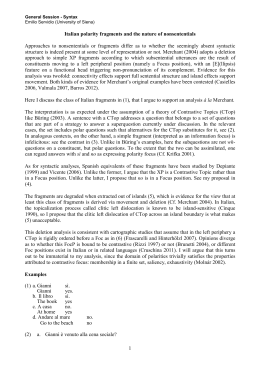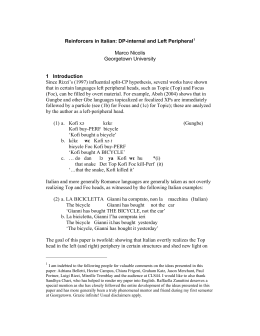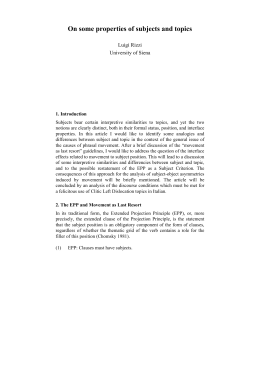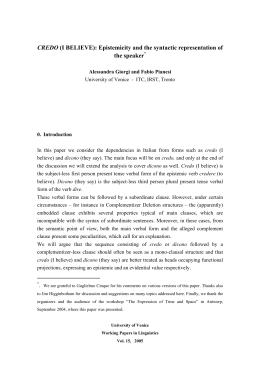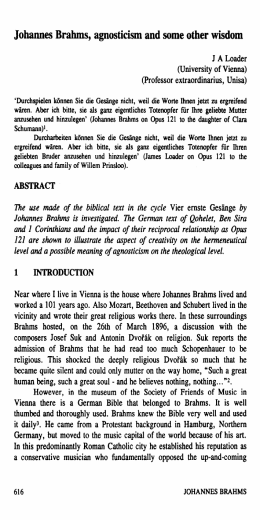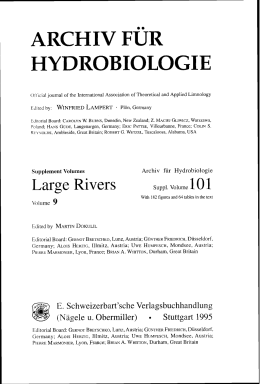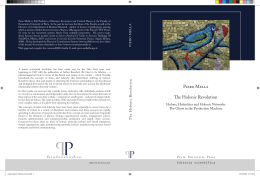Jiddisch Geographie und Demographie Geschichte Politik Statistik und Ethnoprofil Sprachpolitische Lage Sprachsystem Bibliographie Jiddisch Verbreitungsgebiet: Union Polen-Litauen, Teil Lettlands, Ukraine und Weißrussland Seit dem 13. Jh. aus Deutschland nach Polen ausgewanderte Juden Jüdisch-Deutsch > > > Jiddisch Aškenazim Zusammenfassung und Fragen Welche Bedeutung hat die Europäische Charta der Regional- und Minderheitensprachen von 5.XI.1992? Wann wurde die Charta verabschiedet und wann ist sie von der BRD und den Bundesländern Sachsen und Brandenburg ratifiziert worden? Welche Minderheitensprachen sind in der BRD offiziell anerkannt? Zusammenfasssung und Fragen Welche slavischen Minderheiten kennen Sie? Nennen Sie die kulturellen und politischen Zentren der Niedersorben/Wenden und der Obersorben Wie sehen die demographischen Daten für die Nieder- und Oberlausitz aus? Welche Maßnahmen werden ergriffen, um das SorbischeWendische vor dem Aussterben zu schützen? Zusammenfassung und Fragen Welche Bedeutung spielt das Kaschubische in Bezug auf seinen Status als Dialekt bzw. Sprache Zu welchem größeren Dialektverbund des Slavischen gehören das: a) Sorbische, b) Kaschubische, c) das Draväno-Polabische, d) das Moliseslavische, e) das Russinische? In welcher Gegend ist das Moliseslavische zu situieren? Zusammenfassung und Fragen In welcher besonderen Sprachkontaktsituation ist das Moliseslavische eingebunden? Woher und wann fand die Einwanderung des MS statt? In welcher Gegend sind die DravänoPolaben heute noch in Form von Orts- und Gewässernamen belegt? Zusammenfassung und Fragen Welche Bedeutung spielte das DravänoPolabische für die Erhaltung des Sorbischen? Geben Sie an, welche Sprachpolitik Sie sich als Slavisten von der Bundesregierung bzw. den Landesregierungen wünschen würden Kritik an der Lehrveranstaltung: Desiderata (4) FORCE (TOP*) FOC (TOP*) FIN IP The different kinds of positions are overtly manifested in sentences like the following: Credo che ieri, QUESTO, a Gianni, i tuoi amici avrebbero dovuto dirgli FORCE TOP FOC TOP ‘I believe that yesterday, THIS, to Gianni, your friends should have said to him (6)a Credo che QUESTO avreste dovuto dirgli (non qualcos’altro) ‘I believe that THIS you should have said to him, not something else’ b * Credo QUESTO che avreste dovuto dirgli (non qualcos’altro) ‘I believe THIS that you should have said to him, not something else’ (7)a Mi domando se QUESTO gli volessero dire (non qualcos’altro) ‘I wonder if THIS they wanted to say to him, not something else’ b * Mi domando QUESTO se gli volessero dire (non qualcos’altro) ‘I wonder THIS if they wanted to say to him, not something else’ (8)a Credo che a Gianni, avrebbero dovuto dirgli la verità ‘I believe that to Gianni, they should have said the truth to him’ b * Credo, a Gianni, che avrebbero dovuto dirgli la verità ‘I believe, to Gianni, that they should have said the truth to him’ (9)a Non so se, a Gianni, avrebbero potuto dirgli la verità ‘I don’t know if to Gianni, they could have said the truth’ b Non so, a Gianni, se avrebbero potuto dirgli la verità ‘I don’t know, to Gianni, if they could have said the truth’ c Mi domando se questi problemi, potremo mai affrontarli ‘I wonder if these problems, we will ever be able to address them’ d Mi domando, questi problemi, se potremo mai affrontarli ‘I wonder, these problems, if we will ever be able to address them’ (10) FORCE (TOP*) INT (TOP*) FOC (TOP*) FIN IP (11)a Maria decia / preguntaba que si no debiéramos dejarlas en paz ‘Maria was saying /asking that if we shouldn’t leave them in peace’ b Me preguntaron (que) si tus amigos ya te visitaron en Granada ‘They asked me that if your friends had already visited you in Granada’ (12)Mi domando, a Gianni, se, ieri, QUESTO, alla fine della riunione, avremmo potuto dirgli (non qualcos’altro) ‘I wonder, to Gianni, if, yesterday, THIS, at the end of the meeting, we could have said to him (not something else)’ (13)a * A chi QUESTO hanno detto (non qualcos’altro)? ‘To whom THIS they said (not something else)? b * QUESTO a chi hanno detto (non qualcos’altro)? ‘THIS to whom they said (not something else)?’ c * A GIANNI che cosa hanno detto (non a Piero)? ‘TO GIANNI what they said (not to Piero)? d * Che cosa A GIANNI hanno detto (non a Piero)? ‘What TO GIANNI they have said (not to Piero)? (14)a *? Mi domando a chi QUESTO abbiano detto (non qualcos’altro) ‘I wonder to whom THIS they have said (not somethin else)’ b *? Mi domando QUESTO a chi abbiano detto (non qualcos’altro) ‘I wonder THIS to whom they have said (not something else) c Mi domando A GIANNI che cosa abbiano detto (non a Piero) ‘I wonder TO GIANNI what they have said (not to Piero) d *? Mi domando che cosa A GIANNI abbiano detto (non a Piero) ‘I wonder what TO GIANNI they have said (not to Piero) (15) … Force… INT … FOC … Wh … (embedded clauses) (16) a * Che cosa Gianni ha fatto? ‘What Gianni did?’ a’ Che cosa ha fatto Gianni? ‘What did Gianni?’ b * Dove Gianni è andato? ‘Where Gianni went? b’ Dove è andato Gianni? ‘Where went Gianni?’ c * Come Gianni è partito? ‘How Gianni left? c’ Come è partito Gianni? ‘How left Gianni?’ (17)a I tuoi amici hanno già fatto il lavoro ‘Your friends have already done the work’ b I tuoi amici già hanno fatto il lavoro ‘Your friends already have done the work’ (18)a Che cosa hanno già fatto? ‘What have (they) already done? b * Che cosa già hanno fatto? ‘What already (they) have done?’ (19)a Voi siete già andati a Milano ‘You have already gone to Milan’ b Voi già siete andati a Milano ‘You already have gone to Milan’ (20)a Dove siete già andati? ‘Where have (you) already gone? b * Dove già siete andati? ‘Where already (you) have gone?’ (21)a Perché Gianni è venuto? ‘Why Gianni has left?’ b Come mai Gianni è partito? ‘How come Gianni has left?’ (22)a Perché (i tuoi amici) già hanno finito il lavoro? ‘Why (your friends) already have finished the work?’ b Come mai (voi) già siete tornati a Milano? ‘How come (you) already have come back to Milan?’ (23)a Perché QUESTO avremmo dovuto dirgli, non qualcos’altro? ‘Why THIS we should have said to him, not something else?’ b Come mai IL MIO LIBRO gli ha dato, non il tuo? ‘How come MY BOOK you gave to him, not yours?’ (24)a * QUESTO perché avremmo dovuto dirgli, non qualcos’altro? ‘THIS why we should have said to him, not something else?’ b * IL MIO LIBRO come mai gli hai dato, non il tuo? ‘MY BOOK how come you gave to him, not yours? (25)a Mi domando perché QUESTO avremmo dovuto dirgli, non qualcos’altro ‘I wonder why THIS we should have said to him, not something else’ b Non so come mai IL MIO LIBRO gli ha dato, non il tuo ‘I don’t know how come MY BOOK you gave to him, not yours’ (26) Il mio libro, perché, a Gianni, non glielo avete ancora dato? ‘My book, why, to Gianni, you still haven’t given it to him?’ (27)Perché ha detto che si dimetterà? ‘Why did he say that he will resign?’ (28)Perché A GIANNI ha detto che si dimetterà (non a Piero)? ‘Why TO GIANNI he said that he will resign (not to Piero)?’
Scaricare

